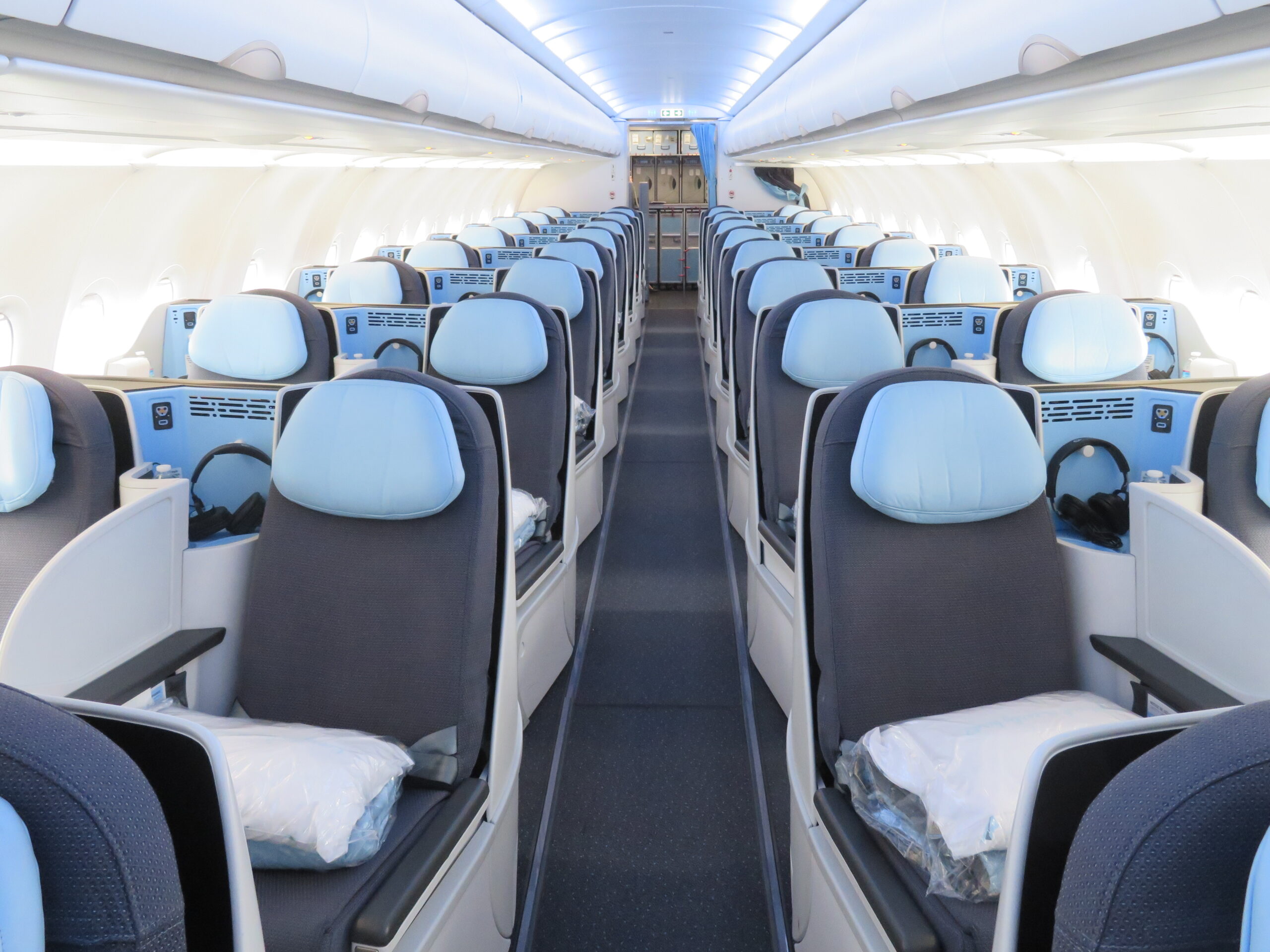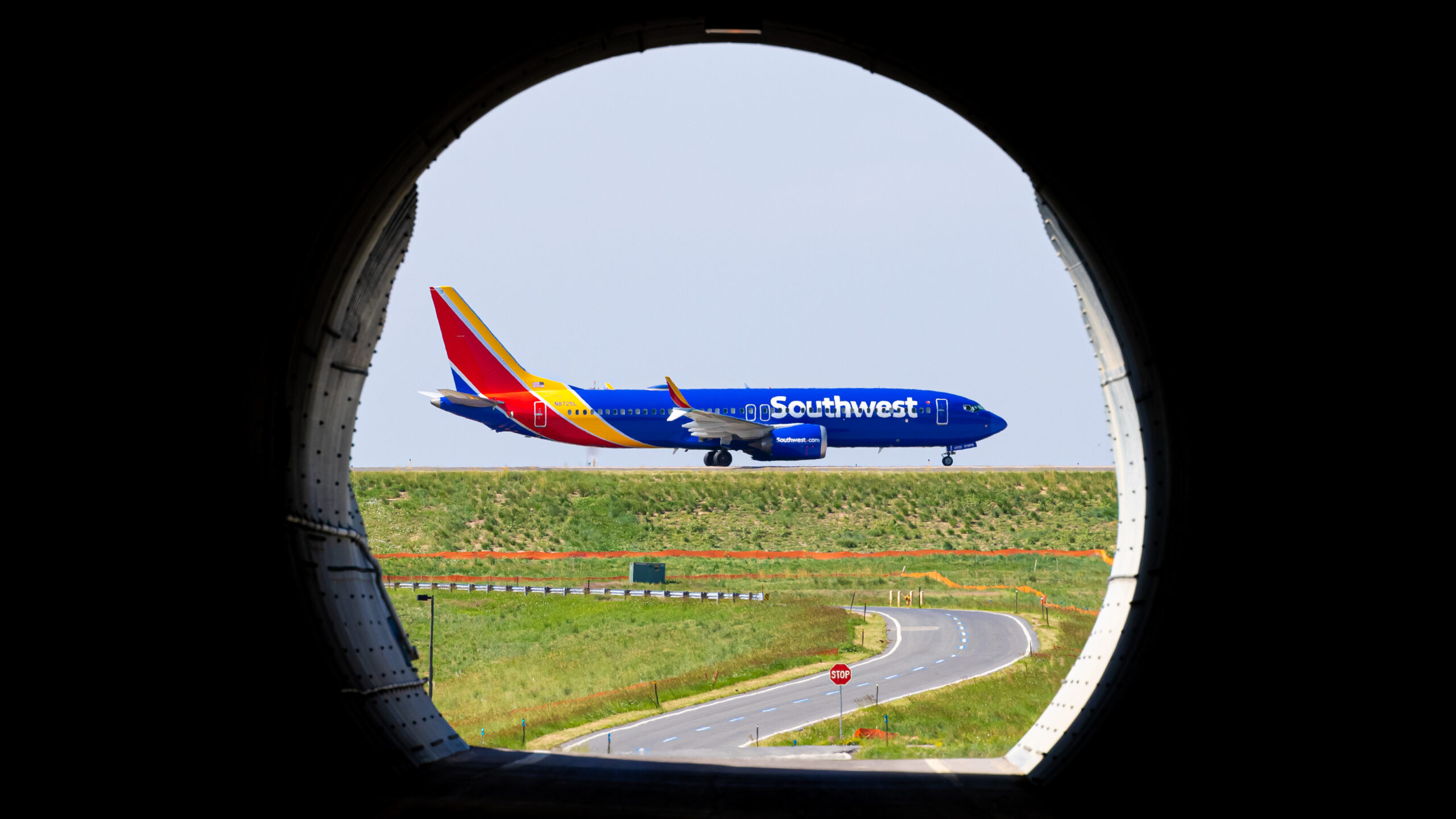Surge in Air Travel Leads to Record-Breaking Mishandled Bags in 2022
Around 26 million bags were mishandled by airlines and airports last year as the industry struggled to cope with the widescale resumption of long-haul and international flights
by Fergus Cole
May 19, 2023
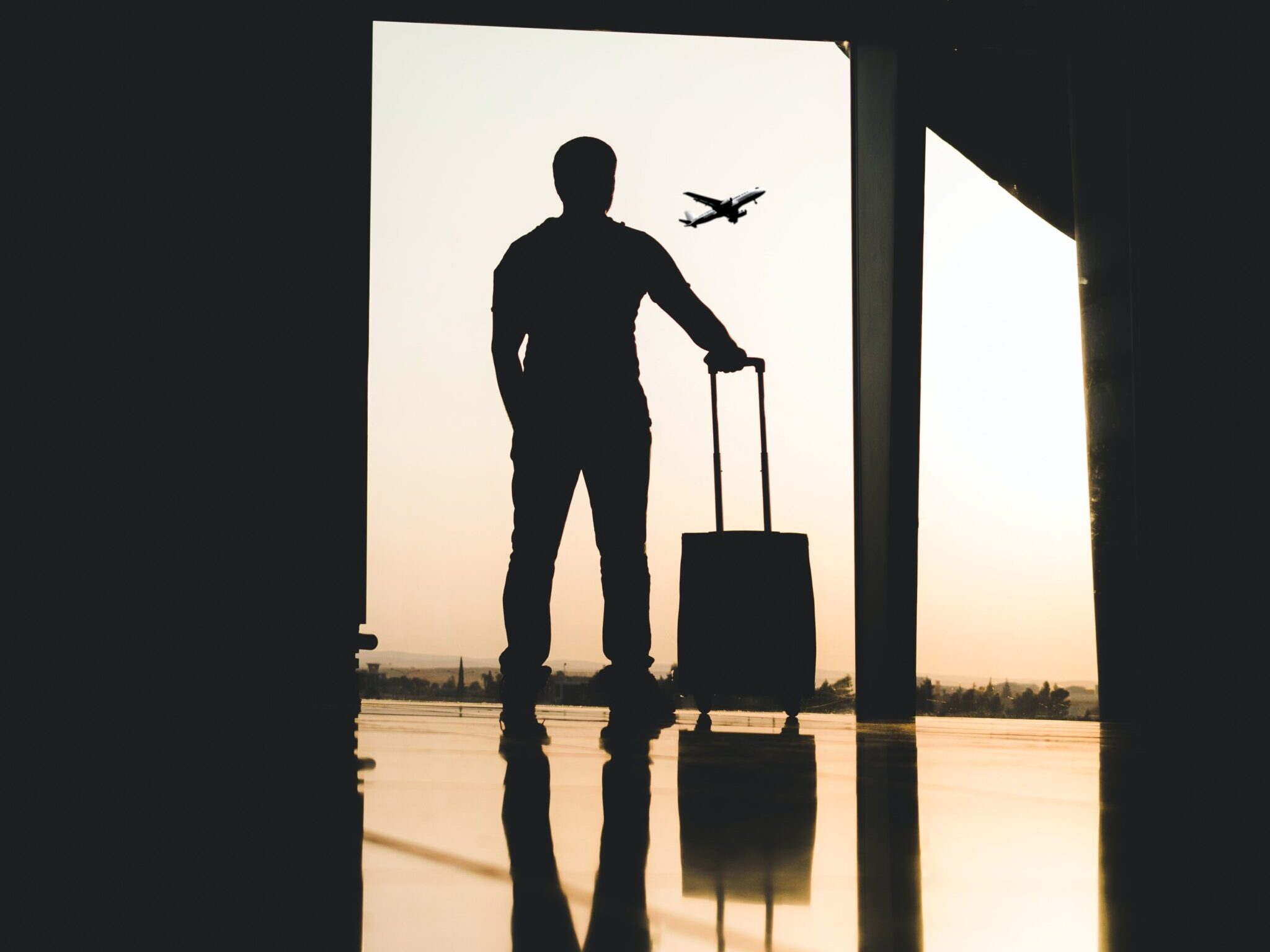
Photo: Courtesy of Yousef Alfuhigi / Unsplash
A recent study has found that the rate of lost, damaged, or delayed luggage in the aviation industry soared last year as airlines struggled to manage the surge in demand for air travel following the pandemic.
SITA, an IT provider for the air transport industry, released its annual Baggage Insights report on May 16, revealing that around 26 million bags were mishandled by airlines and baggage handlers worldwide in 2022—a rate of 7.6 mishandled bags per 1,000 passengers. This figure was almost double the 2021 rate of 4.35 per 1,000 when around 9.9 million bags were mishandled worldwide.
This significant increase in lost, damaged, or delayed baggage was primarily blamed on the resurging demand for air travel across the globe following years of pandemic-related restrictions and the inability of the air industry to adjust to this surge in demand. According to SITA, more than 3.4 billion passengers took to the skies globally last year, taking airlines and airports by surprise.
“In 2022, the recovery of air travel surpassed expectations, with traffic surging to 3.42 billion passengers,” said David Lavorel, chief executive of SITA. “This is well ahead of the expectations of industry bodies and experts who were anticipating a full recovery by 2024.”
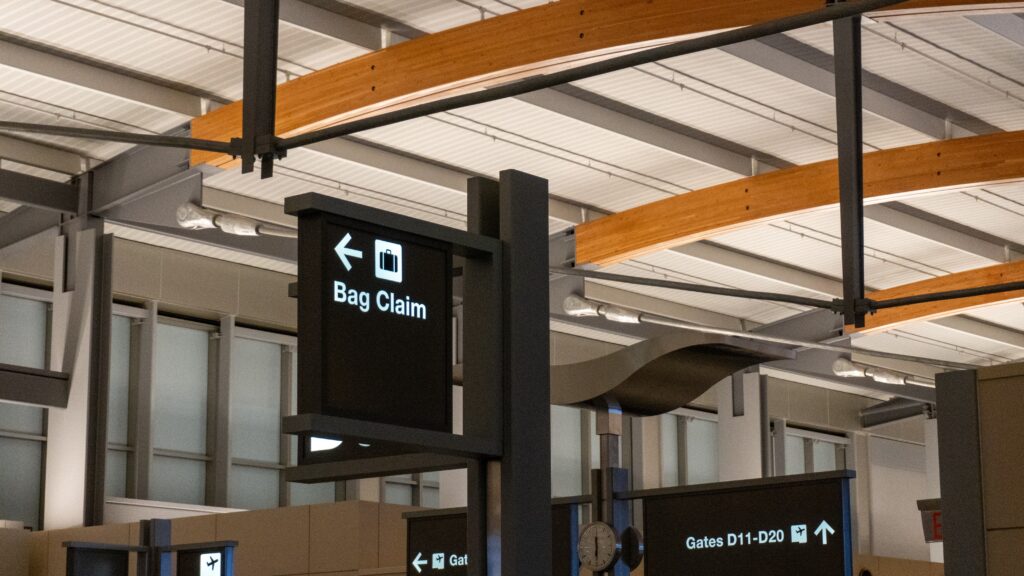
Photo: Courtesy of Drew Taylor / Unsplash
“Despite this positive news, the swift come-back took the industry by surprise, resulting in increased disruptions and baggage mountains as airports, airlines, and ground handlers navigate the surge in traffic with reduced staff.”
According to SITA’s data, the vast majority of mishandled luggage incidences occurred on long-haul and international flights, with experts suggesting that these types of flights, especially when connections are involved, are much more susceptible to baggage handling issues.
“This [increase] can be traced back in large part to the resumption of international and long-haul flights throughout 2022, meaning more transfers, where bags are more susceptible to being mishandled,” said Lavorel. “To better express the scale of the challenge, mishandling rates for international flights – where bags are more likely to be transferred from one flight to another – are eight times higher for domestic flights.”
Passengers in Europe were more likely to have faced problems with their baggage last year, where the rate of mishandled luggage was 15.7 per 1,000 passengers. This was more than double the rate in North America, which recorded 6.35 mishandled per 1,000 passengers, while Asia performed much better with a rate of just 3 per 1,000.
“The sudden influx of travelers caught the industry off guard, resulting in global issues and significant disruptions from Europe to Australia and the Americas,” said Nicole Hogg, product management director of baggage at SITA.
“Larger airports, particularly those with high volumes of transfer bags, experienced the most severe repercussions, which subsequently affected smaller airports as they had to handle the repatriation of these bags.”
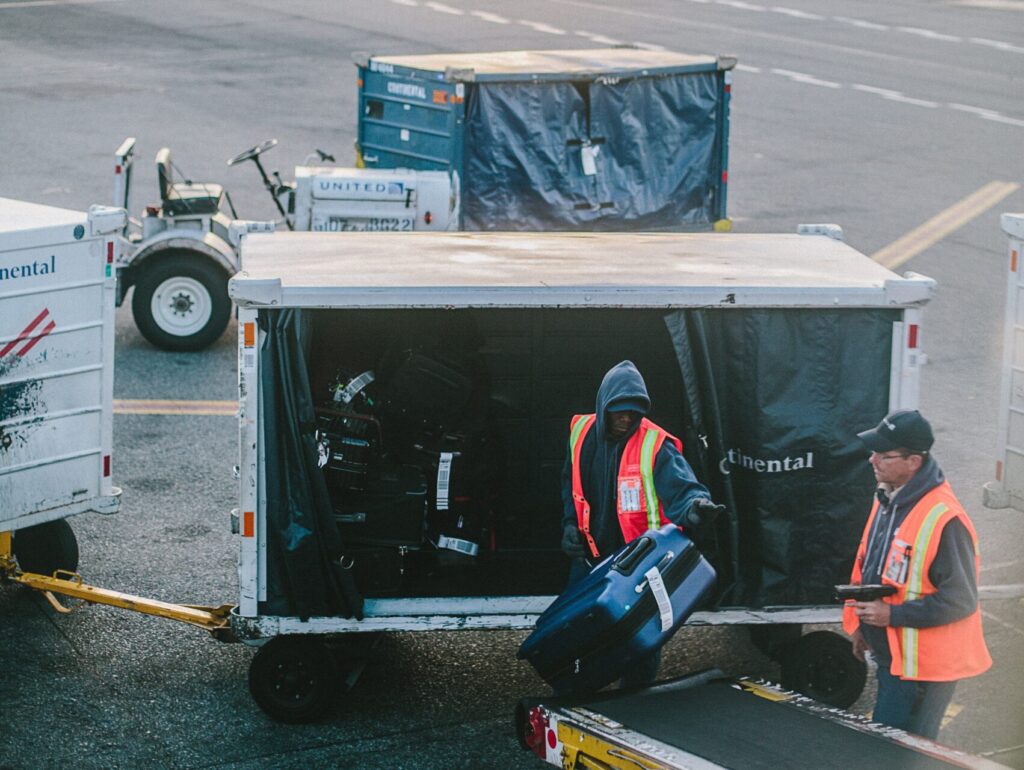
Photo: Courtesy of Calle Macarone / Unsplash
Despite the rising trend of lost and damaged baggage in the air industry, David Larovel was optimistic that the rate would soon drop thanks to advancements in technology and automation that players in the sector are swiftly adopting. He claimed that by 2025, 96% of airlines and 72% of airports aim to offer digitalized baggage handling operations, making the process more efficient and helping the industry save up to $30 million annually.
“Clearly, as the industry grappled with the return of passenger traffic in 2022, baggage mishandling rates took a hit,” added Larovel. “But despite this, the sharper focus on digitalization and automation is bringing opportunities to improve operational efficiency, leading to better passenger experiences and reduced costs.
“SITA is committed to working with the industry to ensure passengers are once again confident to check in their baggage.”
